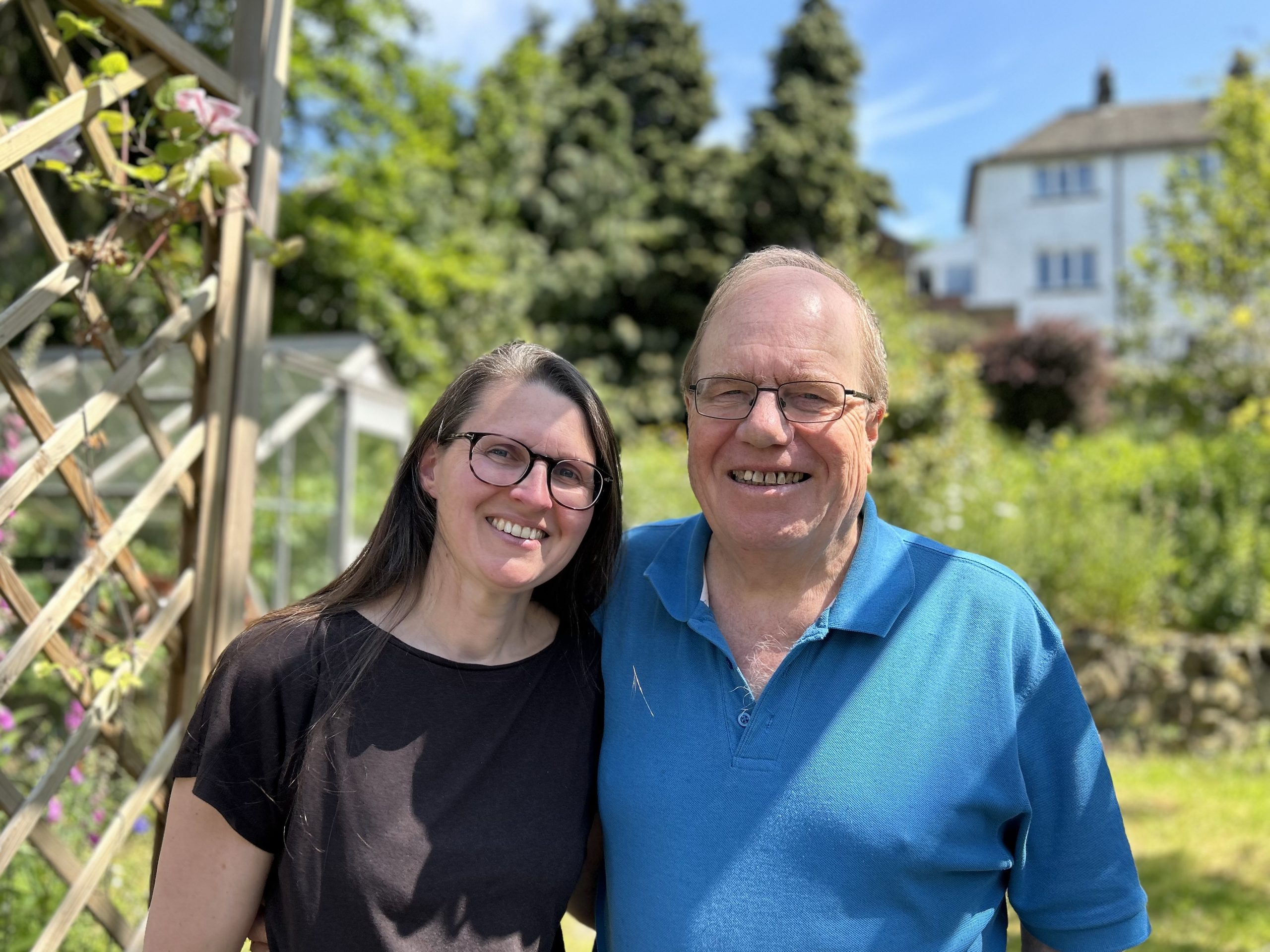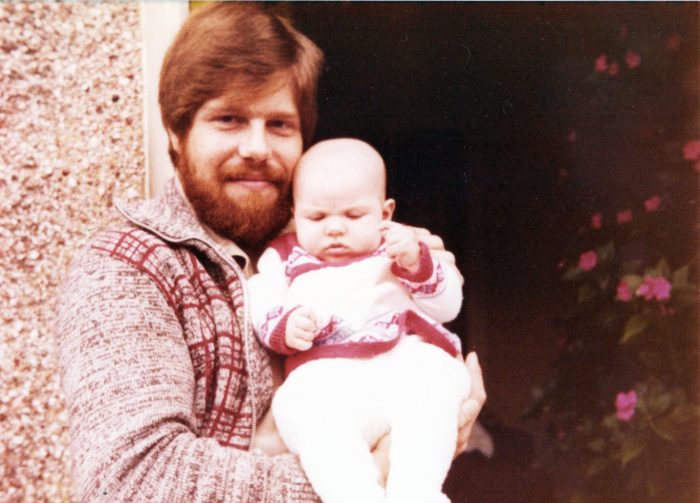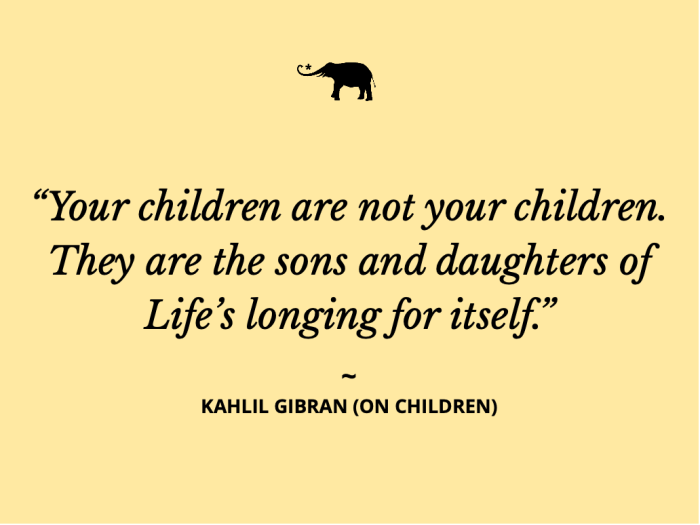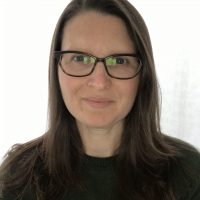“Your dad’s not your real dad.”
Words that struck with such force my body jolted backward away from them. A subconscious attempt to avoid receiving them, perhaps.
In the days that followed, while I waited for the DNA test result, I went through all the stages of grief except the vital one—acceptance. I couldn’t, not without proof.
When that came, I cried, whole-body shaking sobs. I was nearly 45 years of age and the foundation of my being had been irreversibly damaged.
Gradually, as I caught my breath and reflected, the truth started to make sense. In recent months, I’d found myself looking at my reflection, wondering who I looked like. My aging face didn’t fit with those I’d known all my life. And I’d always been “different.” I’d been called the “black sheep.” Not often, and not by many, but it’d been said—and I’d heard.
A week or so after the test result turned my world upside down, I found myself staring at a photo on my phone of a man I’d never met, and there I was—in him. It’d been taken the year before I was born.
With the help of my dad, an ancestry research site, and some intensive internet searching, I found the social media profiles of my biological father’s family. It was clear where I got my appearance from!
Becoming an unsuspecting guinea pig in the nature versus nurture debate left me questioning my sense of being. My looks may be genetic, but what else did I inherit?
I struggled to accept that the qualities and traits I share with my dad are simply a result of years of observation. But that’s how we learn as children, we watch and mimic. Our parents‘ words shape our thoughts. They’re our greatest teachers.
I quickly realised how lucky I’d been. My dad chose me, and while I haven’t inherited anything from his genes, my life’s been enriched by the experiences he’s enabled me to have and the love and guidance that he’s offered.
Historically, it was common for a man to raise another’s child, particularly during and following a war. Now, with divorce rates high, many blended families form where men embrace their new role and treat their partner’s children as their own.
Without my biological father, my dad wouldn’t have had the opportunity to be my dad—and I’m eternally grateful to them both. I’m only who I am today because one man “made me” and another helped make me “me.”
When I reached out to my biological father, I wasn’t expecting to be welcomed into the family with open arms. I’d hoped, however, that once the shock subsided, he might wish to talk, connect, and explore what we had in common.
I was equally as prepared to jump on a plane and meet him, as I was to walk away with the satisfaction of having let him know I exist. Despite that, the rejection brought with it feelings of sadness.
One of the five people I’m most biologically alike in this world didn’t want to have any contact with me—and that hurt.
I know though that his decision is just that—his. It’s not about me. And the love that he has deflected back, I will receive through my practice of maitri.
I may never know how much of my character is a result of nature, but I trust that everything that’s occurred in the past 45 years has brought me to where I am now, and I’ve made peace with myself.
To all those whose fathers don’t wish to be a dad, please trust that their decision is about them, not you. We are who we are as a result of far more than our DNA, and whatever has shaped our past need not define our future.
To all the wonderful men who choose to be a dad regardless of genetics, never underestimate the positive impact you have on the lives of the children you raise.

~













Read 14 comments and reply